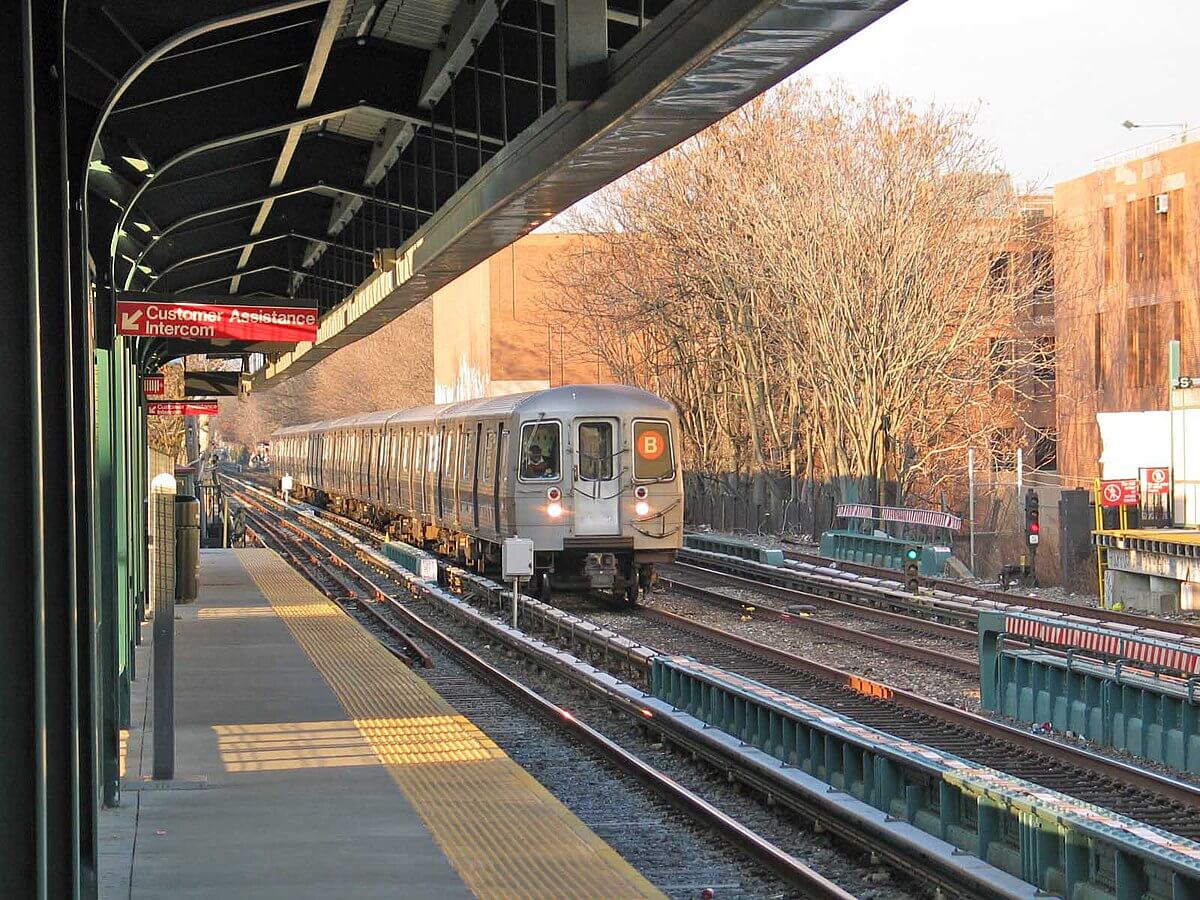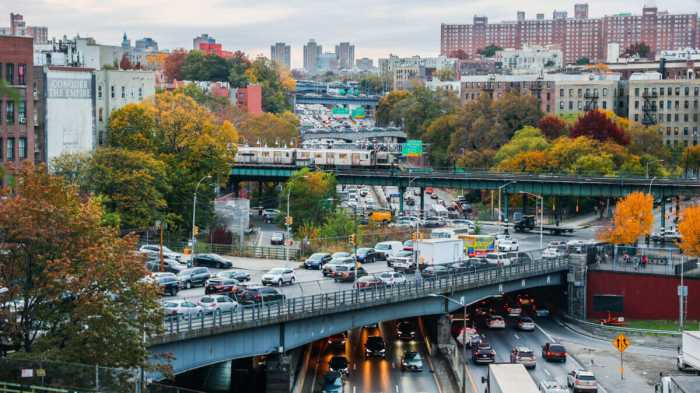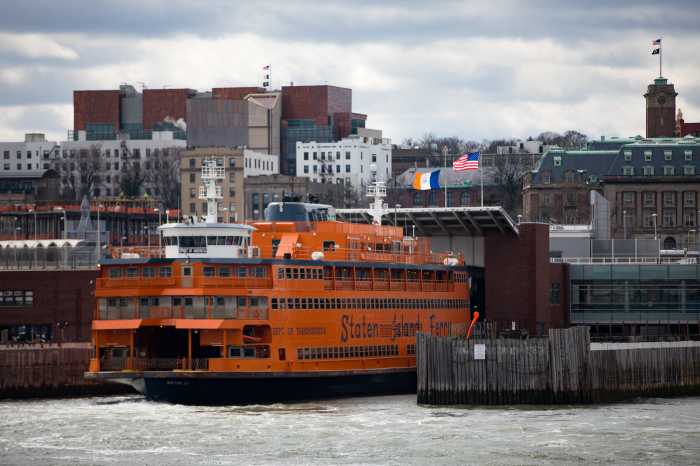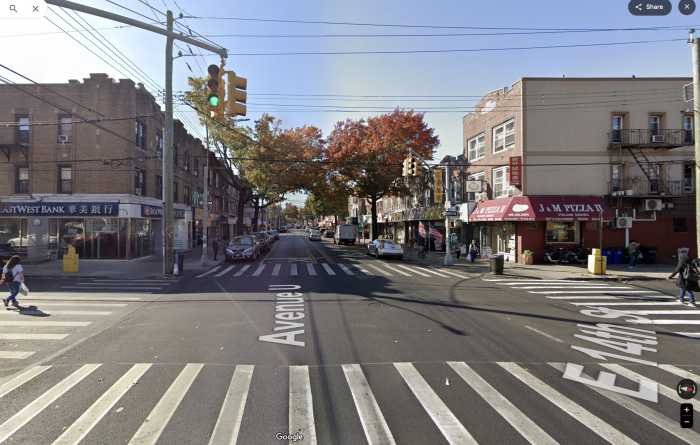As if a bruising heat wave weren’t bad enough Tuesday, straphangers had to deal with a subway snafu that suspended service on the B line and added heavy delays to the A, C and D trains.
The MTA first announced B and C trains were delayed at 7:30 a.m. on July 16 during the morning rush, owing to a switch problem at 135th Street in Manhattan. By 10:30 a.m., this issue had cascaded across the A, B, C, and D lines, leading to a full suspension of B service between Bedford Park Boulevard in the Bronx and Brighton Beach in Brooklyn.
The B was taken out of service, according to an MTA spokesperson, in order to reduce congestion since its service supplements other lines throughout its 24-mile route.
The B was still suspended in full as of 1 p.m., while commuters were still dealing with heavy delays on the C and D lines. The A, which was changed from express to local service to ease congestion, was also seeing delays. The E was switched to the express track to ease train congestion, but was not facing any delays.
The MTA was urging B train commuters to instead take the 1 in Upper Manhattan, the F or M in Lower Manhattan, or the Q in Brooklyn.
Railroad switches — the mechanical doohickeys that allow trains to move from one track to another — are some of the most critical components keeping the subway system running.
Many of the 1,770 switches on the 665 miles of subway tracks used for passenger service are decades old, and about 16% of them are within 6 years of the end of their useful lifespan, according to the MTA’s 20-year needs assessment released last year.
Nevertheless, the MTA has put numerous maintenance projects on the backburner in the wake of Gov. Kathy Hochul’s indefinite pause on congestion pricing, including $3 billion of “state of good repair” work over the next few years that includes maintenance of tracks and switches.
Congestion pricing was set to fund $15 billion of construction work, including work to modernize signals on subway lines that would include replacing or reconfiguring outdated switches.
Read More: https://www.amny.com/nyc-transit/







































